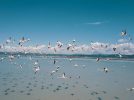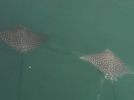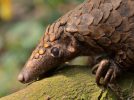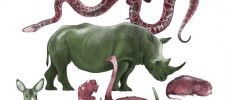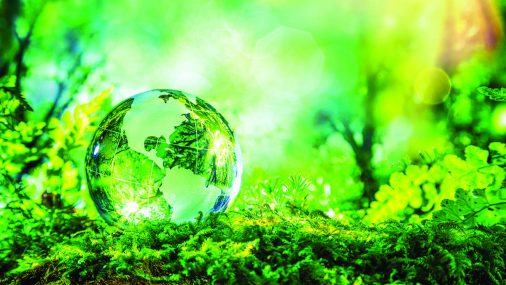
Nature Conservancy of Canada
COVID-19 has brought us unprecedented health and economic challenges. It will test the resolve and resiliency of each Canadian and our nation. Crises have a way of unveiling truths, flaws and misconceptions in any society. Our immediate crisis is reinforcing the importance of family, community, health care and food security.
But at the root of the current crisis, and fundamental to the solution, is our relationships with the other species that share our planet. Earth Day is an opportunity to reflect on how we value all species, including our own, and our connections to the natural world.
The good news amidst the current crisis is that while society adapts to a new normal, nature is continuing to provide us with critical services. Wetlands are filtering drinking water and holding back floods.
The roots of willow and cottonwood are binding soil and keeping it from eroding along rivers and streams.
Budding urban trees will soon ramp up their service of purifying air and shading our streets and homes. All point to nature’s critical role in our well-being. And that we need nature’s services now more than ever.
Many of the fruits and vegetables grown in Canada are pollinated by non-native honeybees that are shipped around the world. As these shipments are stalled, the role of local native pollinators has perhaps never been more important. While native bees, butterflies, beetles and other insects may never fully replace honeybees on our farms, their conservation and restoration in our agricultural ecosystems will help to strengthen future food security.
Perhaps the most important service that nature provides is how contact with the natural world can benefit us. There is clear evidence that spending time in nature improves our well-being. Many people are practicing safe physical distancing outdoors. But even just looking at pictures of wildlife, virtually exploring nature and making plans to visit natural areas once it is safe to do so can help to nurture our mental health.
There’s little question that COVID-19 was transmitted to people in wildlife markets. Growing calls to shut down the illegal trade of wild animals, including endangered species, will support conservation and reduce the probability of future outbreaks. But the loss of nature and disease is not just limited to foreign places. In North America the rapid spread of Lyme disease has been linked to human-caused alterations to food webs and habitats and climate change.
The fact is, biodiversity loss and climate change don’t just result in a loss of nature – they create uncertainty. Uncertainty that threatens our security, economy, well-being and unnecessarily pushes our society into dark and uncomfortable corners. The health and security of nature are the health and security of all of us.
Read more on Lake Cowichan Gazette, Featured Image: Metro Creative
 Previous Article
Previous Article Next Article
Next Article